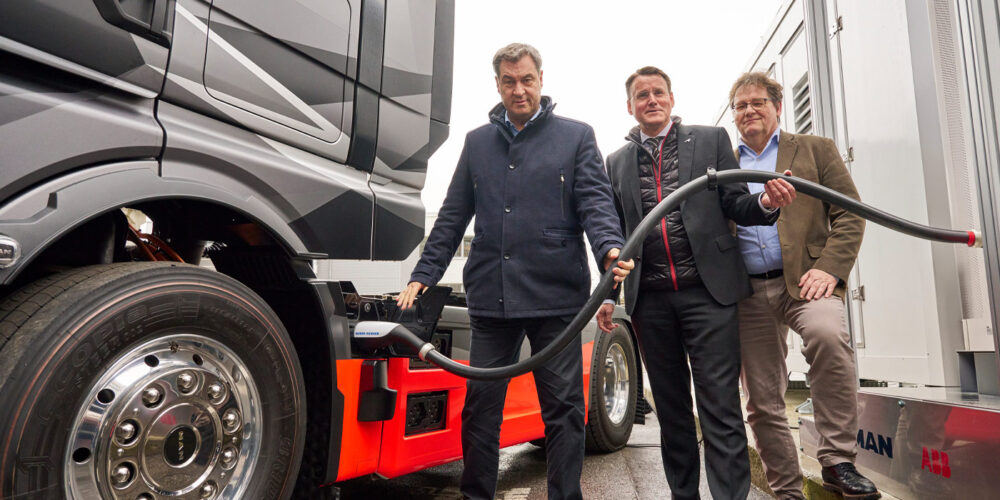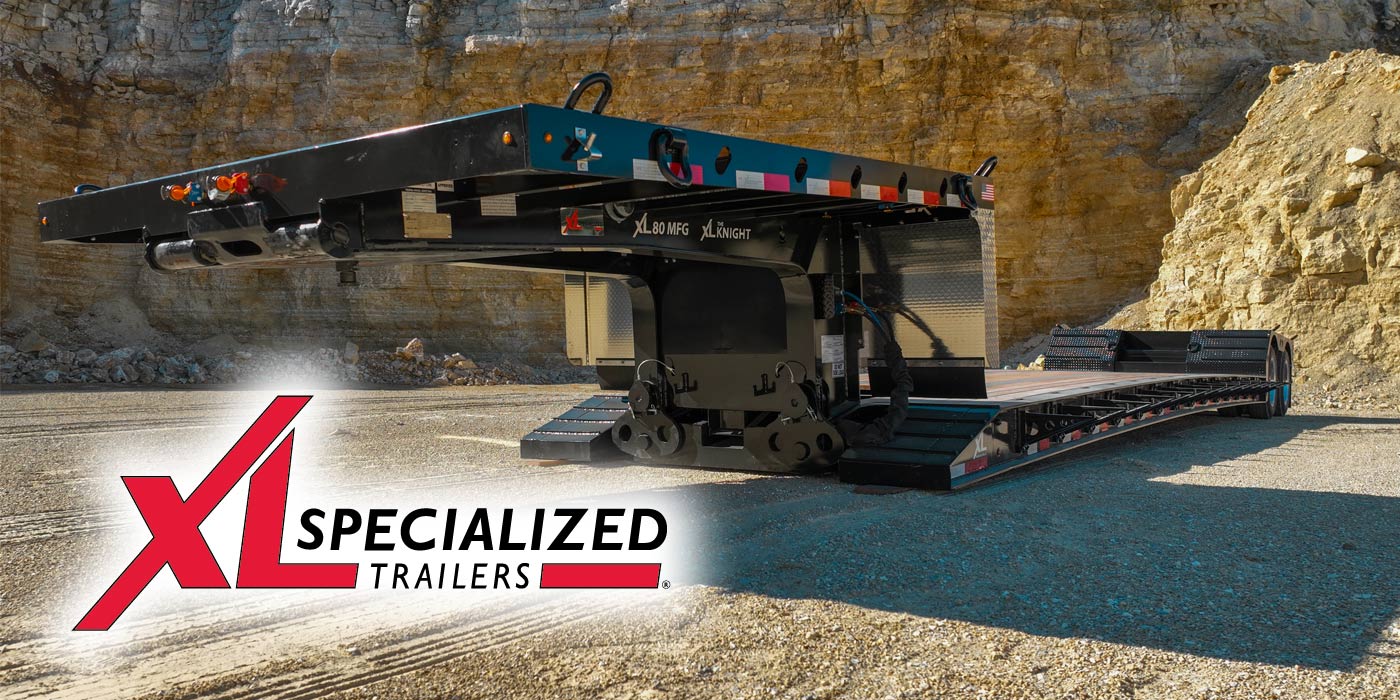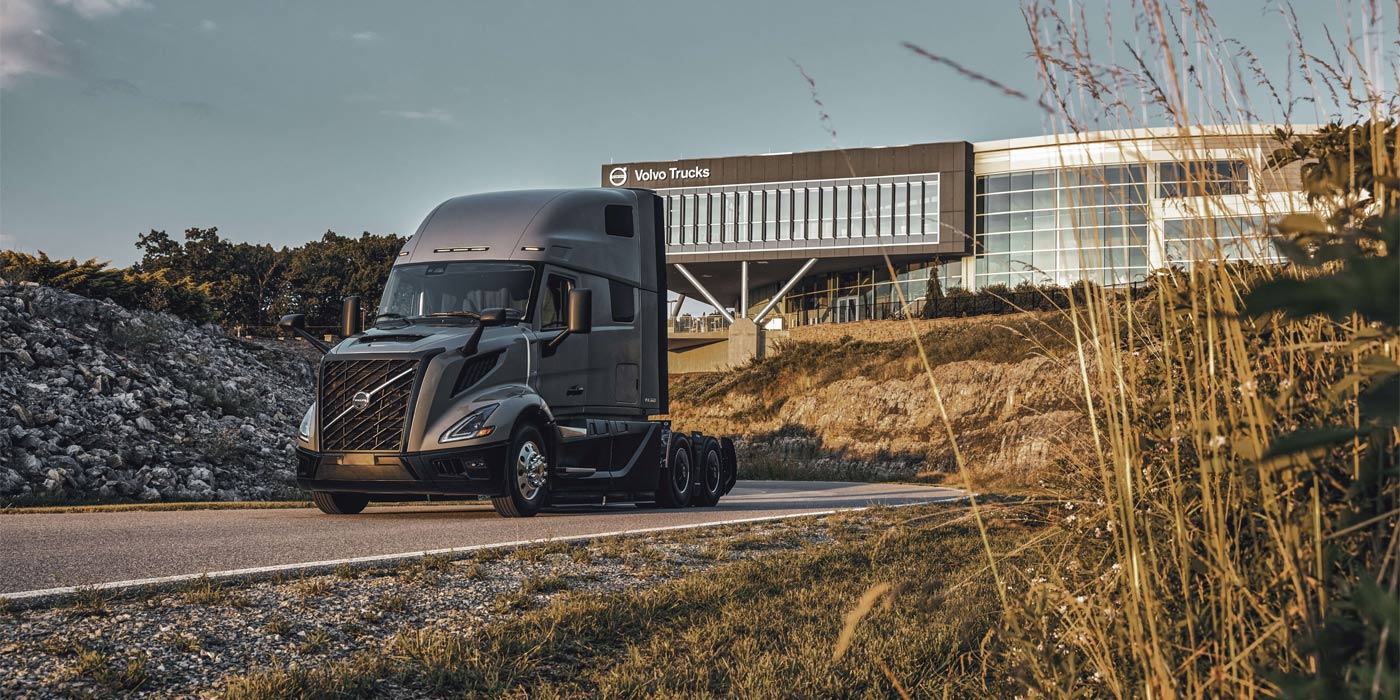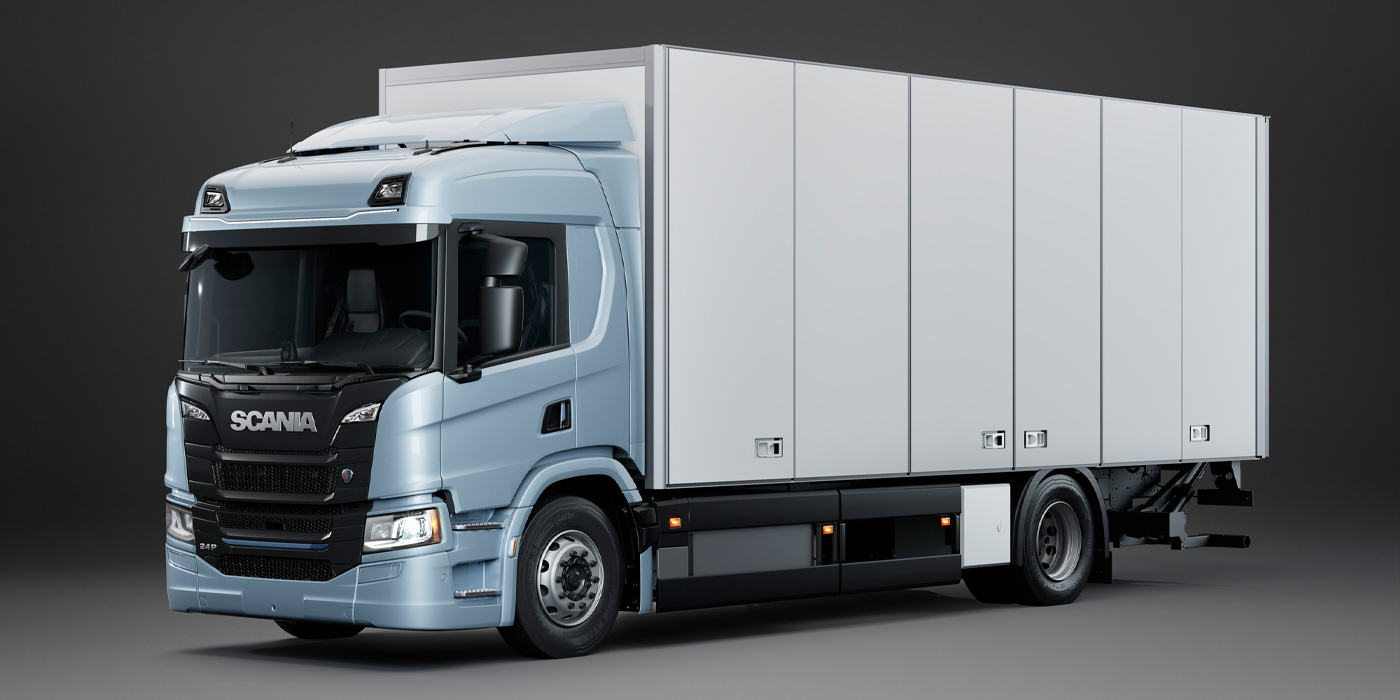According to a recent report by Allied Market Research, the global electric commercial vehicle industry generated $43.5 billion in 2021, and is anticipated to generate $558.4 billion by 2031, witnessing a CAGR of 29.9% from 2022 to 2031.
Determinants of growth
An increase in demand for fuel-efficient, high-performance, and low-emission buses, government initiatives for the promotion of e-mobility, and reduction in the cost of electric vehicle batteries drive the growth of the global electric commercial vehicle market. However, the high cost of investment and complications in operating advanced systems and the lack of charging infrastructure restrict the market growth. Moreover, increasing demand for electric trucks from the logistics sector, technological advancements, and proactive government initiatives to adopt e-buses create lucrative growth opportunities for the market, the report states.
Covid-19
The outbreak of the Covid-19 pandemic had a negative impact on the global electric commercial vehicle market, owing to the implementation of the global lockdown and supply chain disruptions. However, according to the report, the market witnessed a quick recovery in the sales of electric buses in 2021. For instance, in July 2021, BYD UK signed a contract with the National Transport Authority of Ireland to deliver up to 200 BYD ADL Enviro200 EV zero-emission battery-electric buses.
In addition, the research found that the global electric commercial vehicle market is expected to experience growth in the coming years as the government provides various subsidiaries and incentives to encourage bus manufacturers to switch to producing electric buses over gasoline-powered buses.
Leadership status
Based on propulsion findings, the battery electric vehicle (BEV) segment held the highest market share in 2021, accounting for around four-fifths of the global electric commercial vehicle market, and is estimated to maintain its leadership status throughout the forecast period, owing to the adoption of electric buses and trucks in developing as well as developed countries. However, the fuel cell electric vehicle (FCEV) segment is projected to manifest the highest CAGR of 32.7% from 2022 to 2031, as hydrogen fuel cell vehicles emit water as a by-product and are considered environmentally friendly vehicles.
Based on vehicle type findings, the buses segment held the highest market share in 2021, accounting for more than four-fifths of the global electric commercial vehicle market, and is estimated to maintain its leadership status throughout the forecast period, owing to increasing government initiatives for electrification in public transport service. However, the heavy-duty trucks segment is projected to manifest the highest CAGR of 33.3% from 2022 to 2031, owing to an increase in demand for heavy-duty trucks from the automotive and logistics sector, reduction in fuel & maintenance costs, and incentives for adopting zero-emission vehicles.
Based on range findings, the 150- to 300-mile segment accounted for the largest share in 2021, contributing to nearly half of the global electric commercial vehicle market, and is projected to maintain its lead position during the forecast period, as various electric commercial vehicle manufacturers operating in the market are offering a new range of electric commercial vehicles with advanced battery systems to improve the range of electric commercial vehicles. However, the above 300-mile segment is expected to portray the largest CAGR of 33.4% from 2022 to 2031, owing to reduced running costs in the all-electric truck category, and increasing demand for long-haul electric trucks in commercial sectors.
Based on region, Asia-Pacific held the highest market share in terms of revenue in 2021, accounting for nearly half of the global electric commercial vehicle market, and is likely to dominate the market during the forecast period, owing to an increase in electric commercial vehicle production in China as well as increased investments in electric vehicle technology in the region. However, the LAMEA region is expected to witness the fastest CAGR of 32.7% from 2022 to 2031, owing to the increasing demand for fuel-efficient vehicles and support of government initiatives towards electric commercial vehicle production in the region.














